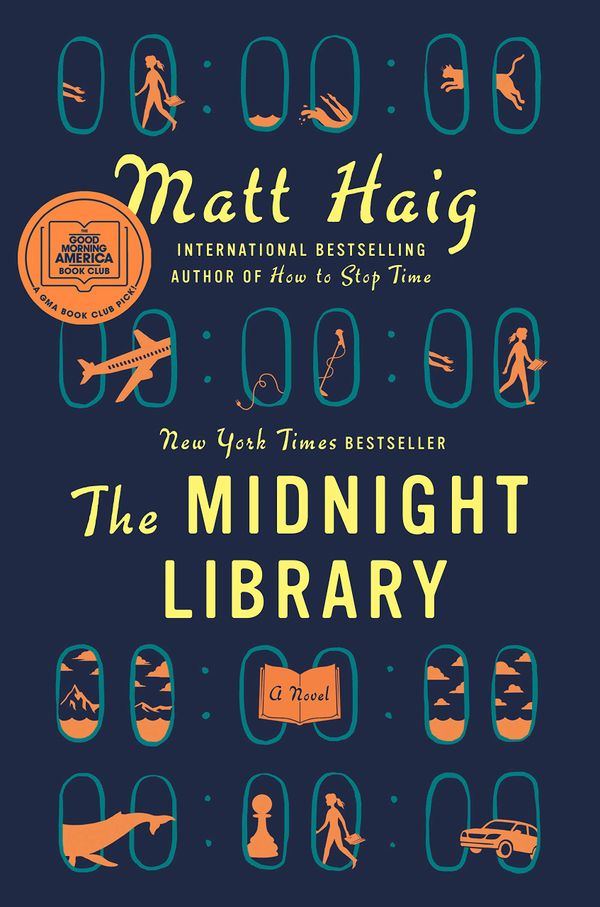Literature & Society
Primarily, literature has been a prominent source of information for people of all ages. With time, just like everything else, it has been shaped and nurtured to quench the thirst of readers of its era. However, it also plays a key role in the perception of societal norms. In this age of rapid change and open discourse, when social acts permit individuals to portray their notions on every topic publicly, questions arise about the impacts of such publications on the way young minds perceive these increasingly peculiar stances and how societal norms are shaped and reshaped in their minds.
We start with the work of Louisa M. Alcott, who dives deeper into the political roles of women and focuses her characters on defying, chiefly in her famous novel, "Little Women," the ostensibly definite fates that they’d been assigned, eventually coming to the depressing realization of the fact that conforming to societal norms might be the most conducive choice. Concurrently, Banana Yoshimoto portrays her deuteragonist’s mom, a biologically male individual, as he acknowledges both parental roles by taking on a motherly role with Mikage after the death of his grandmother.
Through their unconventional characters and narratives, they challenged traditional gender roles, contributing to the ease with which ever-changing shifts in personalities are deemed acceptable, which are more powerfully represented nowadays in nearly all up-and-coming novels. An optimal example is Taylor J. Reid’s "The Seven Husbands of Evelyn Hugo," which recounts the life of a Hollywood actress concealing her love for another woman, presenting a strong example of how these once-taboo topics have now been standardized. This narrative serves as an example of the growing acceptance and representation of diverse relationships within today's literature.
Getting to the point, the repeated visualization of such concepts has normalized it, allowing people to accept, without much trouble, the various taboos of the past as something not so forbidden and unseemly. A research hypothesis called the HMM (Hierarchically Mechanistic Mind) visualizes the processing of the human brain similar to that of a generative AI, where it updates itself by the way of perception and action, and its impetus for doing so is to have the minimum amount of uncertainty about the environment.
Conclusively, it’s imperative to do thorough research and comparative analysis on any type of information you’re acquiring, checking its relative cultural, ethical, moral, and religious status before indulging in it. We shouldn't forget that, subconsciously, the mind processes incoming information in diverse ways, connecting it to current life circumstances and influencing behavioral judgments, particularly in young adolescents whose minds are still developing. So no matter how you look at it, literature is and will always be influential in society.




